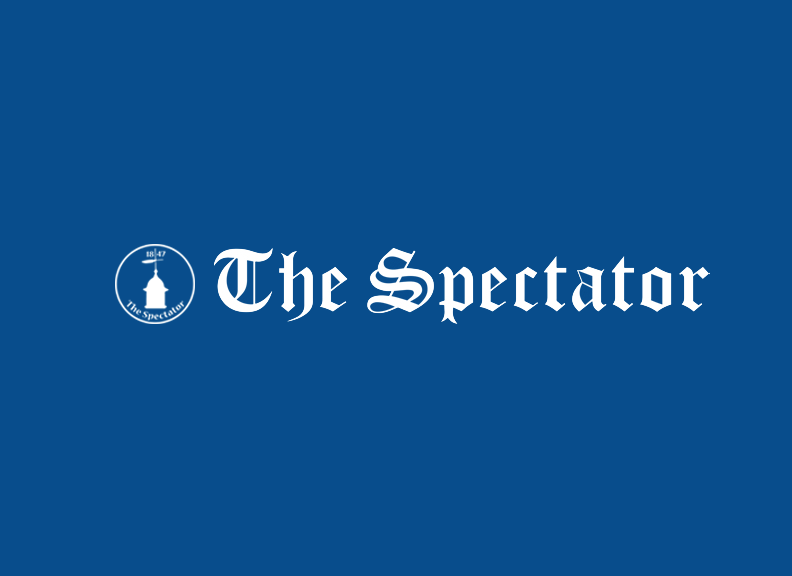
I sometimes wonder how much more difficult it would have been for Hamilton to open this fall without Zoom and the technology infrastructure that supports it. Nevertheless, when we can’t meet in person, some elements of communication often get lost. This can lead to misunderstandings, as was evident from comments made recently in a Student Assembly meeting and in
The
Spectator
. With that in mind, I’d like to say a few words about College governance, transparency, and the role of students.
Like virtually all colleges and universities, Hamilton operates under a shared governance model, in which the faculty, administration, and trustees share responsibility for decision making, with each having primary responsibility in different areas. Student input informs and influences College decisions, especially those related directly to student life.
The many ways in which Hamilton works to share information and foster a culture of transparency and inclusive decision making include:
- The Student Assembly president attends faculty meetings at which the president and dean of faculty provide regular updates.
- At the invitation of Student Assembly, administrators frequently present to student representatives on issues of importance to students.
- Students sit on Board of Trustee committees, including Academic Affairs; Buildings, Grounds, and Equipment; Budget and Finance; Advancement; Student Affairs; and Enrollment. Students also serve on numerous other committees on campus, from search committees to the Sustainability Working Group.
- Faculty, staff, and students regularly address the board on a wide range of issues, and trustees often hold meetings with groups of students and faculty.
-
I meet weekly with the editors of
The
Spectator
and biweekly with the president and vice president of Student Assembly, hold open office hours each week, and have informal conversations with students in the dining halls, in classrooms, and at events I attend or host. - The dean of students meets weekly with student leaders and all members of senior staff work with students on a regular basis.
-
Individual offices and divisions across the College routinely share information about their work, and Hamilton makes reams of institutional data available on the Institutional Research Office
website
.
In just the past few years, the College has solicited and relied on input from students, faculty, and staff when developing its strategic plan, preparing for the Middle States Reaccreditation process, and revising policies on issues ranging from Title IX to fraternity and sorority life. In recent months, senior staff and the COVID-19 Task Force (which includes the president and vice president of Student Assembly) have issued dozens of emails, videos, and other communications to explain the College’s response to the pandemic and reply to questions.
Of necessity, some information on College operations must remain confidential, and, inevitably, some decisions disappoint some members of our community. Nonetheless, even when we disagree, I trust that we are all seeking what is best for Hamilton.
David Wippman
















